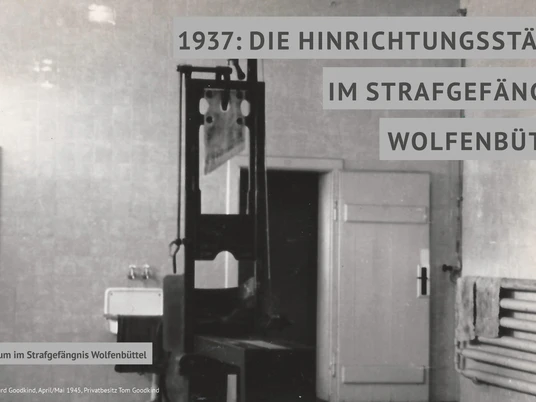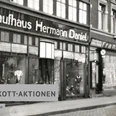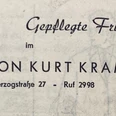In the fall of 1937, the Reich Ministry of Justice set up a central execution site for northern Germany at Wolfenbüttel Prison. The then prison director Hans Greiffenhagen (1895-1970) had proposed his prison for this purpose and submitted detailed plans. The first death sentence was carried out in Wolfenbüttel on October 12, 1937. As the conversion of the former locksmith's building had not yet been completed, executions took place in the prison courtyard until May 1938.
By the time of liberation in April 1945, 526 people had been executed in Wolfenbüttel, including 31 women. Most of the sentences were handed down by special Nazi courts without any basis in the rule of law. The defendants had hardly any rights in the proceedings and mitigating circumstances played no role. More than 200 death sentences were handed down by the judges on the basis of the "Volksschädlingsverordnung", often for acts of political resistance.
The number of executions rose sharply with the start of the war in 1939. Around 42 percent of those sentenced came from occupied countries such as Belgium, France, Poland or the Soviet Union. The sentences were mainly carried out by guillotine.
The executioner Friedrich Hehr carried out the executions. Before the execution, the condemned were informed that their plea for clemency had been rejected, after which they were kept under constant guard. Women sentenced to death were transferred from the Rennelberg prison in Braunschweig shortly before the execution and held in a cell in the execution building.
The last death sentence was carried out on March 15, 1945. In rare cases, the bodies of those executed were handed over to their relatives; they were usually buried in Wolfenbüttel cemeteries or transferred to the Anatomical Institute at Göttingen University.
Good to know
Eligibility
for individual guests
Pet allowed
for Children of the age of 10 upwards
Payment methods
Contact person
Stadt Wolfenbüttel / Abteilung 412
Author
Lessingstadt Wolfenbüttel
Organization
Lessingstadt Wolfenbüttel
License (master data)
Lessingstadt Wolfenbüttel
Nearby





